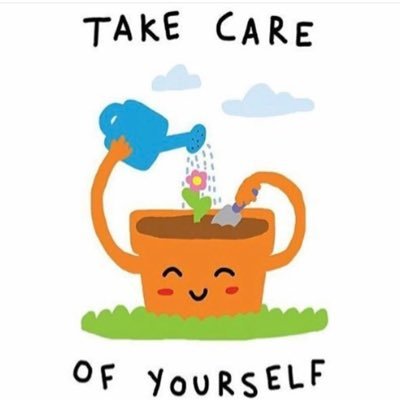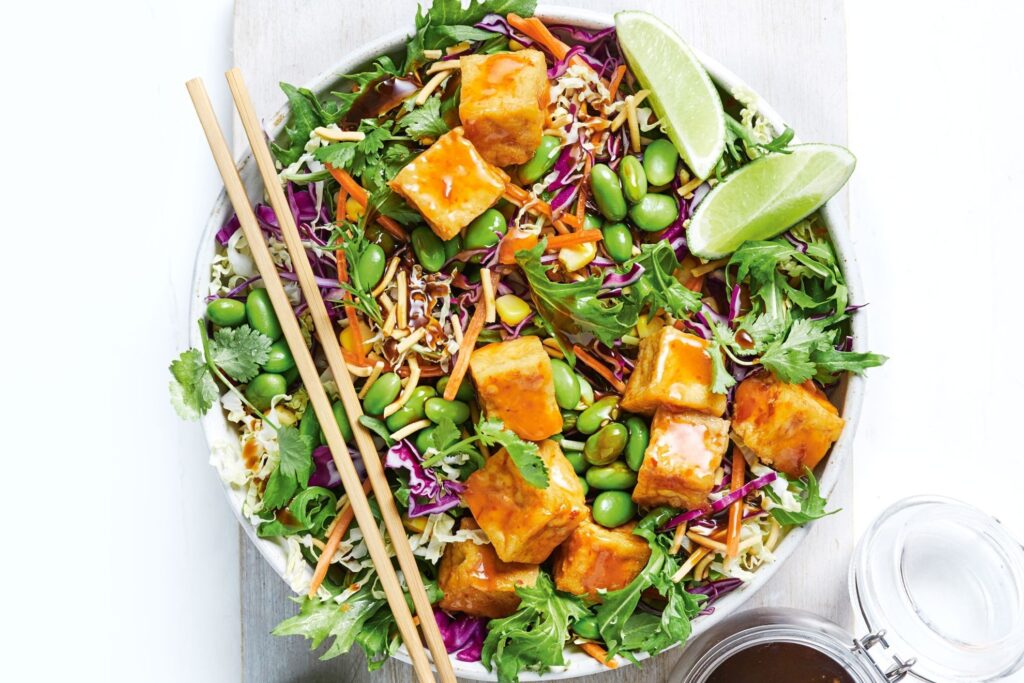
One thing that I think Smashers are uniquely bad at is game day prep. This may be due to the lack of money to be won, but Smashers at majors tend to be more interested in socializing and partying than they are in preparing to play their best.
This isn’t necessarily a negative judgement — I and many other players view socializing as more important to themselves than competing. However, this culture may lead to aspiring players not having the best ideas on how to ensure that they are playing on, when they really need it, their “A” game. I aim for this guide to get people thinking more about how game day prep works for them.
Ideally, the 24 hours before your first tournament set should be dedicated to prep. That sounds scary but a big part of prep is to expressly NOT work yourself too hard. I may not be the best player around skill-wise (I go on and off the Chicago PR), but I do think that this is a subject that most players neglect, and I credit my routine for remarkable consistency at majors — I can confidently say that I’ve never “played bad” at one. If consistency is a struggle for you, this may be one way to get you playing your best when you require it.
A caveat before I get into my thoughts: what works for me doesn’t necessarily work for everyone. In fact, the single most important piece of advice I can give is to pay attention to your body and its responses to your actions over the day. Anybody’s routine is going to be created over a series of trial-and-error experiments over many tournaments.
Additionally, I want to note that every tournament you attend doesn’t need perfect prep on your part. I only pay special attention to game day prep before regionals and majors, as I often don’t have the time or care to put in that effort for weeklies.

First and foremost is sleep. You should know this already, but if you don’t get a good night’s rest before bracket, you’re simply not giving it your best shot. I aim to get at least 7 hours of sleep every single night of my life, and if your sleep schedule doesn’t accommodate that for 10 AM pools, then you need to accommodate your sleep schedule. We’re grownups here, so get in bed!
A much more nuanced topic is food.
Most people reading this probably already know this, but I’ll point out the elephant in the room: I’m vegan and means that my food options at tournaments differ from most. However, as accessible food options are a well-known issue at majors, I believe that you’ll probably need to go out of your way to eat well regardless of your diet.
People react to food in a variety of ways so if there’s one thing that comes down to experimentation it’s this. However, don’t underestimate the power of consistency. If you approach food in the same way at every tournament, the way you feel will be predictable and easier to work with.
This is where you’re going to need to take note of how you feel at tournaments. I know some people that prefer to not eat at tournaments because a full stomach can make you feel sluggish. I can see the logic to this train of thought, but it simply doesn’t work for me. My body is used to regular meals, and if I don’t have them then the hunger will be far more distracting than fullness could ever be.
If you choose to eat during the day, plan ahead to see when you have time to. If your friend group wants to eat at an inconvenient time for you, try and advocate for a different time or just eat alone. You preferably don’t want to eat too soon before you play. If for whatever reason you don’t have time to go out, you must pack food. People make a big deal about bag checks at majors, but I’ve never had my water and Kind bars confiscated.
Just as important as timing is what you eat. In my experience, the big things to avoid are fats and sugars. Carbs are fine. Sugar gives a short-term energy boost but can make you crash hard after only a short while. Greasy foods can and will make you feel bloated and gross, which distracts you from your performance. If I were to pick an ideal tournament food, it would be a salad that includes protein and is light on dressing. If you need to pack food, I’d recommend nuts, carrots with hummus, and/or a sandwich. At multi-day tournaments where I know food options are scarce, I’ve been known to bring a loaf of bread with peanut butter and jelly to my hotel room. In the end, the goal is to eat a meal that makes your stomach easy to ignore.
If you’re a caffeine drinker, you should make sure to have some during the day so you don’t get a headache. I bring a thermos of black coffee or tea to most tournaments. Sugar free energy drinks are fine too.

The final category of prep I want to talk about is warm-up/mindset. These are the factors that ensure you’re confident in your in-game abilities for bracket.
Most players have a pretty good idea of how to warm up. I’ll just say that you want to hit a sweet spot where you’ve played enough to know that you’re feeling good, but not so much that you’re exhausted. Some players like to warm up against worse players to that they can practice their movement unimpeded and feel confident in their punish, while others prefer strong warm up partners to prepare for the difficult opponents in bracket. For myself, I don’t want to play any more than an hour of friendlies before bracket, though the opponent doesn’t matter much.
Though not necessarily warm-up, some players feel the need to practice a great deal before big tournaments. Similar to a test in school, cramming last minute is not going to work nearly as well as having a slow, consistent approach to learning. If you’re reaching the week before the tournament and decide that you’re going to learn some new stuff, it’s already too late. There’s always going to be another tournament, and each one is just a checkpoint to see how good you are at this moment.
If there’s anything I recommend, it’s that if your training as of late has been more on the theoretical/vod review end, then make sure to brush up on tech skill in the days before bracket. It can never hurt to have your ledgedashes and tech chases fresh, but don’t kill yourself over it. Just make sure you’re doing as well as you expect of yourself.
Much less studied is mindset, which I admit that I don’t have fully fleshed out thoughts on. However, I do have a habit of doing 10-15 minutes of mindful breathing meditation between my warm up friendlies and my first bracket match. I feel that this gets my mind to a predictable place so I can wipe away other parts of my day and focus on the game. I’d encourage readers to think about how to get themselves calm before they play.
That about covers most of what I think about when I’m getting ready for the big day! Some of this may seem like common sense, but I feel like I see a lot of people Johning over easily solvable issues. May this help your brain work the right way!




